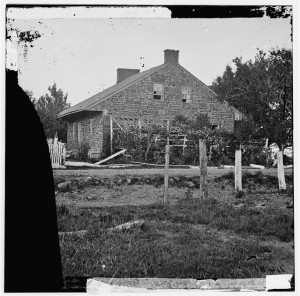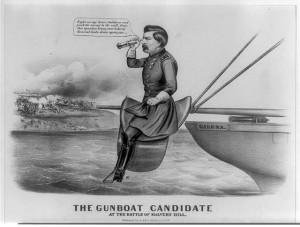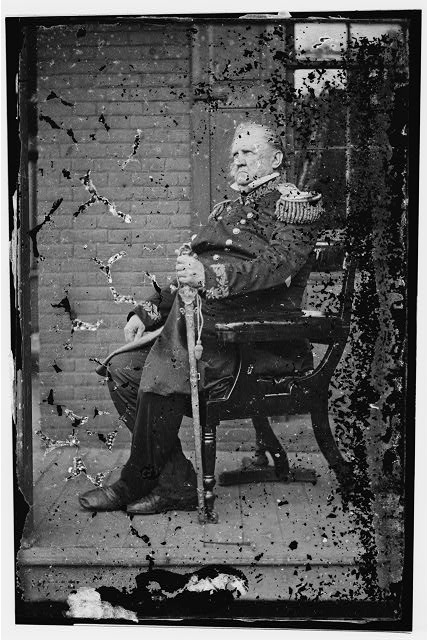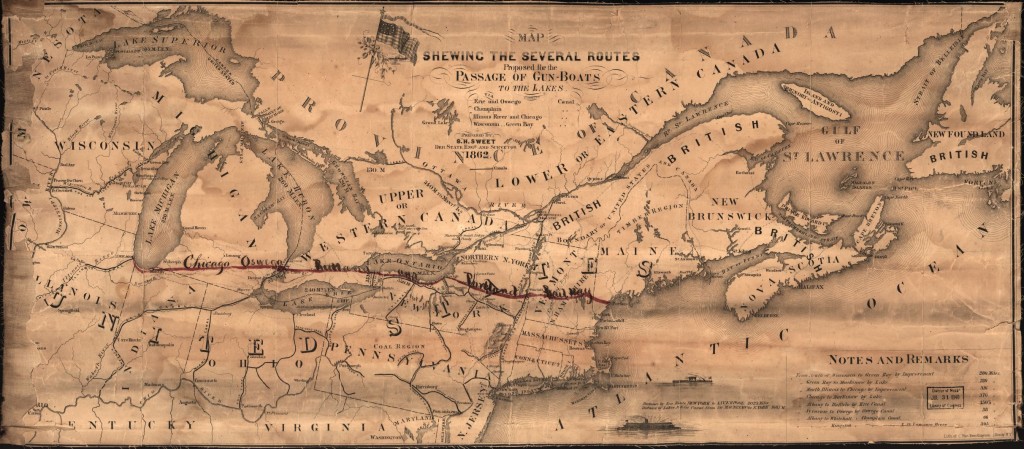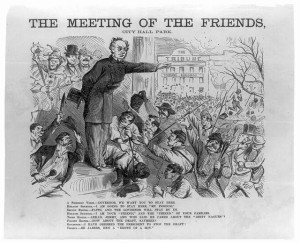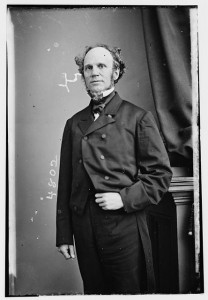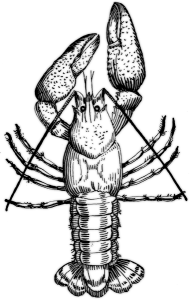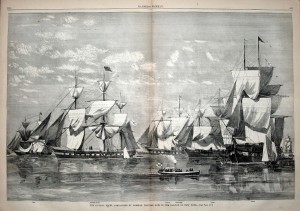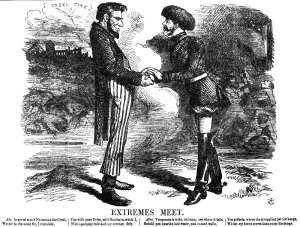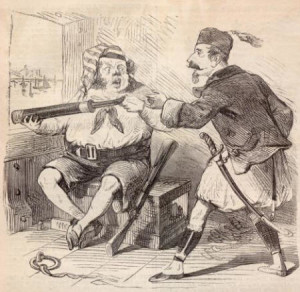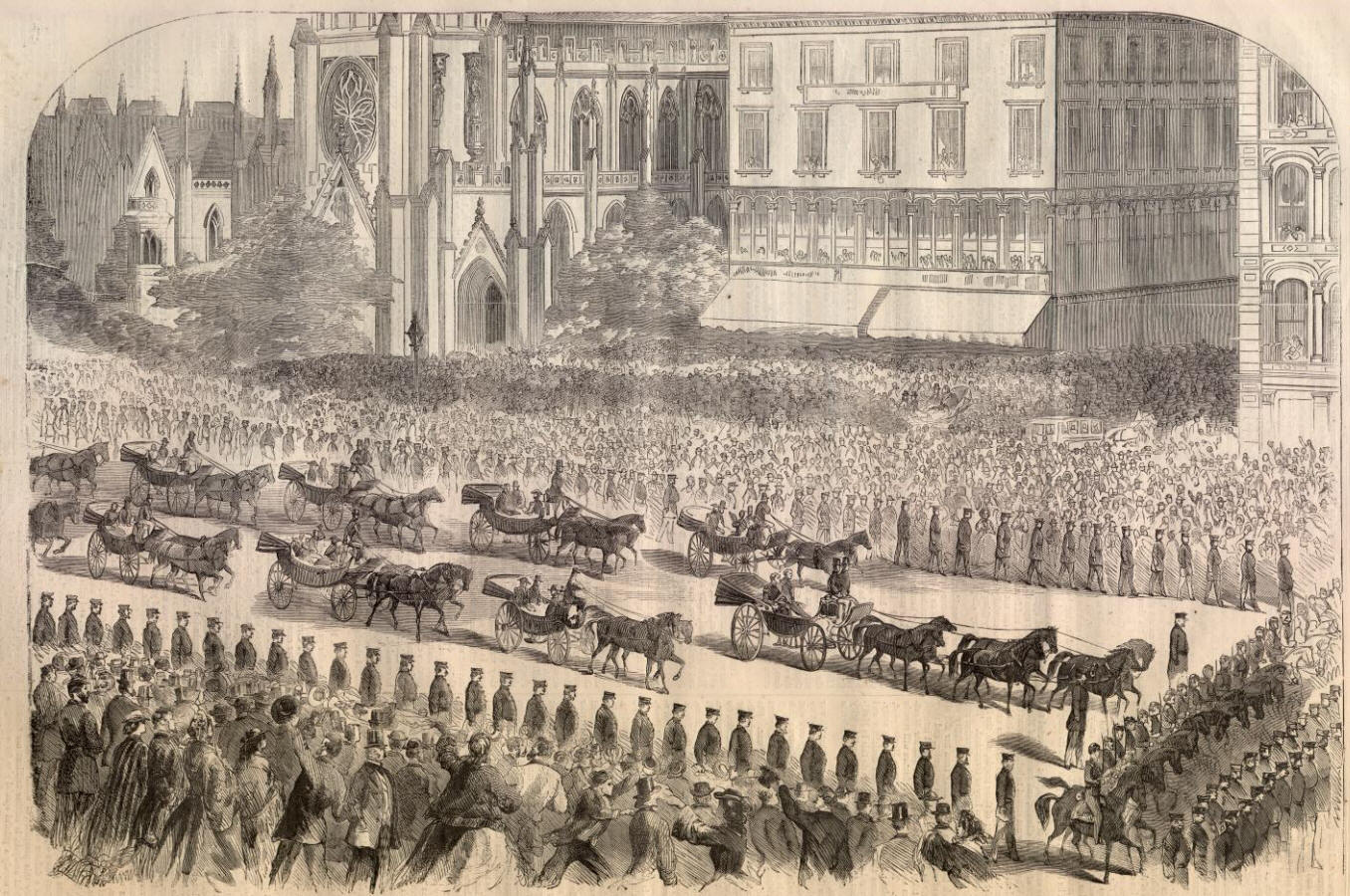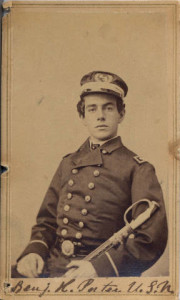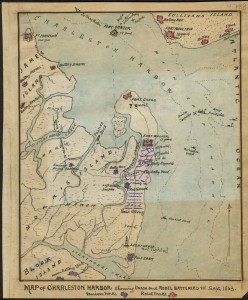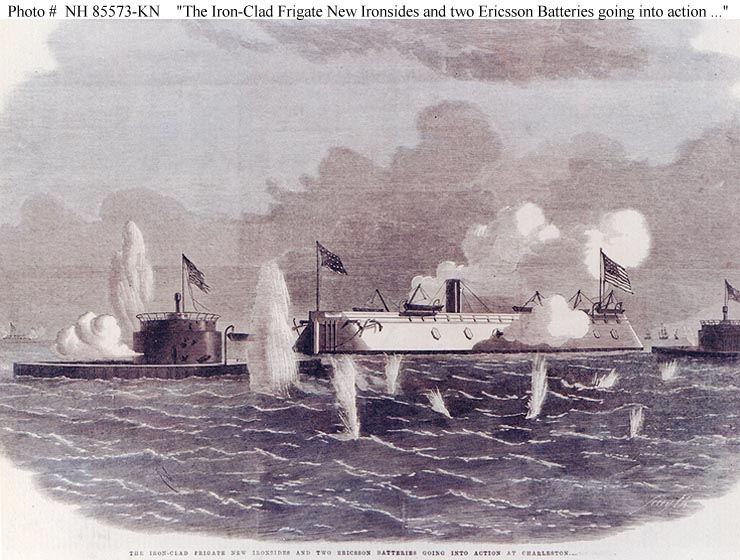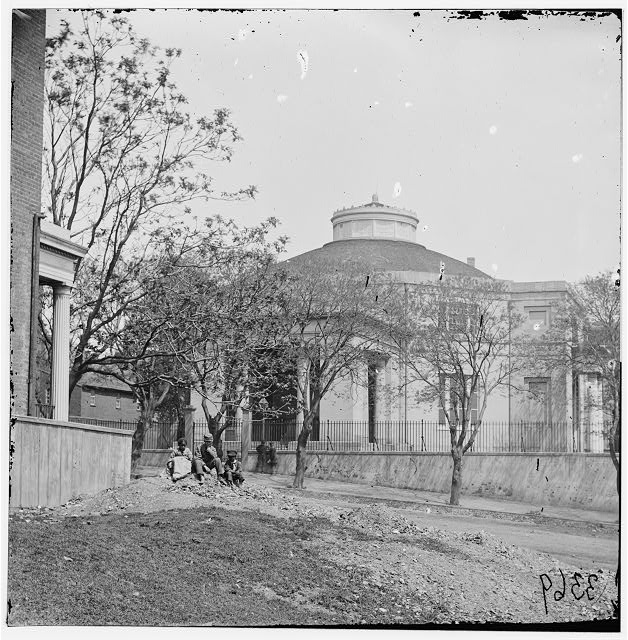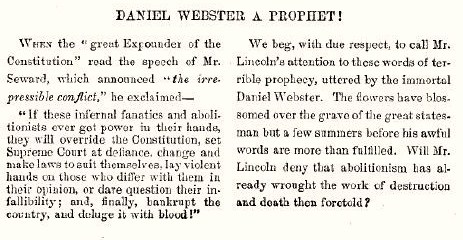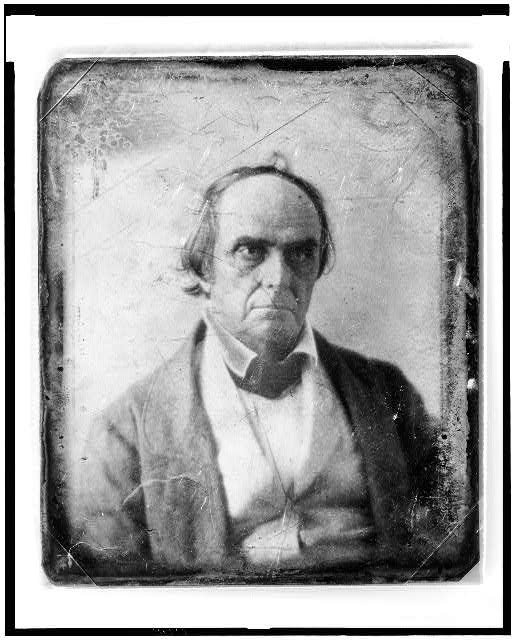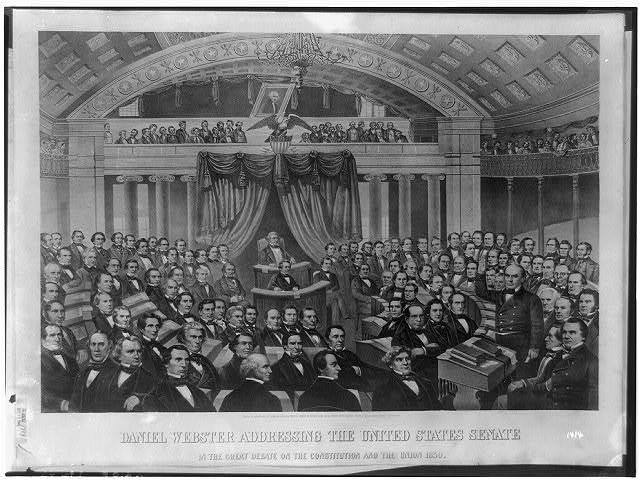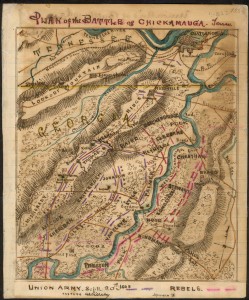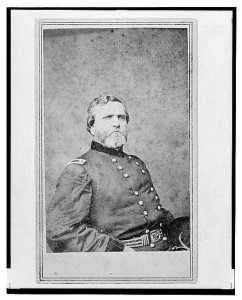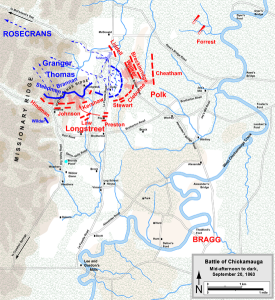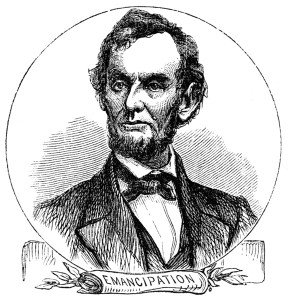
predicts a ” large increase of freedom”
150 years ago today President Lincoln proclaimed another day of thanksgiving for 1863.
From The Papers And Writings Of Abraham Lincoln, Volume Six:
PROCLAMATION FOR THANKSGIVING, OCTOBER 3, 1863.
BY THE PRESIDENT OF THE UNITED STATES AMERICA:
A Proclamation.
The year that is drawing towards its close has been filled with the blessings of fruitful fields and healthful skies. To these bounties, which are so constantly enjoyed that we are prone to forget the source from which they come, others have been added which are of so extraordinary a nature that they cannot fail to penetrate and soften even the heart which is habitually insensible to the ever-watchful providence of Almighty God. In the midst of a civil war of unequalled magnitude and severity which has sometimes seemed to invite and provoke the aggressions of foreign states; peace has been preserved with all nations, order has been maintained, the laws have been respected and obeyed, and harmony has prevailed everywhere except in the theatre of military conflict; while that theatre has been greatly contracted by the advancing armies and navies of the Union. The needful diversion of wealth and strength from the fields of peaceful industry, to the national defense has not arrested the plough, the shuttle, or the ship: The axe has enlarged the borders of our settlements, and the mines, as well of, iron and coal as of the precious metals, have yielded even more abundantly than heretofore. Population has steadily increased, notwithstanding the waste that has been made in the camp, the siege, and the battle-field; and the country, rejoicing in the consciousness of augmented strength and vigor, is permitted to expect a continuance of years, with large increase of freedom.
No human counsel hath devised, nor hath any mortal hand worked out these great things. They are the gracious gifts of the Most High God, who, while dealing with us in anger for our sins, hath nevertheless remembered mercy.
It has seemed to me fit and proper that they should be reverently, solemnly, and gratefully acknowledged, as with one heart and voice, by the whole American people. I do, therefore, invite my fellow-citizens in every part of the United States, and also those who are at sea, and those who are sojourning in foreign lands, to set apart and observe the last Thursday of November next as a day of thanksgiving and prayer to our beneficent Father who dwelleth in the heavens. And I recommend to them that, while offering up the ascriptions justly due to Him for such singular deliverances and blessings, they do also, with humble penitence for our national perverseness and disobedience, commend to His tender care all those who have become widows, orphans, mourners, or sufferers in the lamentable civil strife in which we are unavoidably engaged, and fervently implore the interposition of the Almighty hand to heal the wounds of the nation, and to restore it, as soon as may be consistent with divine purposes, to the full enjoyment of peace, harmony, tranquillity, and union.
In testimony whereof, I have hereunto set my hand, and caused the seal of the United States to be affixed.
Done at the city of Washington, this third day of October, in the year of our Lord one thousand eight hundred and sixty-three, and of the independence of the United States the eighty-eighth.
A. LINCOLN.
By the President: WILLIAM H. SEWARD,
Secretary of State
On the same day that President Lincoln said that the diversion of resources from peaceful industry “to the national defense has not arrested the plough, the shuttle, or the ship”, a Richmond newspaper pointed out that down South there did not seem to be enough resources to go around. If old men and boys are forced to serve in the military, how can necessary farming and manufacturing continue?
From the Richmond Daily Dispatch October 3, 1863:
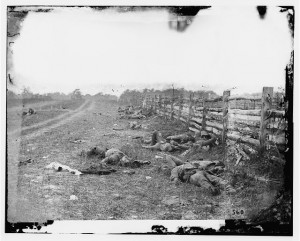
clothing auctions dreaded as much as battle
Prices of clothing and produce.
-The rapid advance in all necessaries of clothing and subsistence threatens us with great distress. There is no disguising the fact. We cannot see how unemployed persons, and how those who live on incomes and salaries, are to get along, especially at the inclement season of the year now rapidly approaching. How are they to buy shoes and clothing at present rates? Nay, how long are these rates to prevail? A great auction may in a day or two run them all up 50 per cent.! An auction thus has become to be regarded by the people with as much dread as a battle! A defeat on the battle field could hardly bring more suffering upon them. There is hardly any more encouragement to be derived from looking at the produce market. With ample supplies by the blessing of Providence, through the country, we find the receipts in this market alarmingly limited. Holders are therefore enabled to run up prices out of all reason and out of all conscience. These obstacles to oppression of a community weighing nothing with them since they care nothing for reasons and have no consciences.
We know that the currency is depreciated, but it is not depreciated as much as prices would indicate. There are causes originating in the cupidity and heartlessness of men employed in commerce and in agriculture which are weighing down the people and the cause, and which are threatening both more than the currency. Can the practices of these people be reformed? Can the distress they occasion be moderated by checking their extravagant demands upon consumers? These questions are growing daily more and more important. Something must be done. Produce must be distributed — prices must be reduced — gains must be disgorged — or there will be suffering intense, and intense suffering will beget — what? Think of it.
The necessity of Production.
–The high prices of every article of food and clothing, with a constant tendency upward, indicates to us the greatest danger of the Confederacy at the present moment. There are many sacrifices which men can make, and which a great majority of the people of this country have made, for the defence of their liberties. They can dispense with the luxuries and superfluities of life — they can give life itself for the cause of independence — but while life remains there are certain essentials which it can only surrender at the cost of extermination. In the first place the army itself must be supplied with bread and clothing, and if there were no other mouths in the country to feed, none others to be kept from nakedness, the supply of this portion of the population alone would require that the producing power of the country be carefully husbanded, and its industrial capacities developed, instead of diminished. But, besides the army, there are millions of women and children whose wants must be provided for, and who are in serious danger of suffering if the regular operations of the fields and workshops are interrupted by calling off old men and youths — incapable at best of efficient military service — from duties which they are capable of performing, and which are as essential to the welfare of the country and the success of military operations as the use of the musket and the cannon by those in the field.
Already we are beginning to feel the want of labor in those mechanical and manufacturing employments which are indispensable not only to comfort, but to existence. Every day lost by the withdrawal of operatives from factories involves a deficiency of a vast amount of fabrics necessary to the use and comfort of man, and for the supply of which we can no longer look to foreign countries. What are the people to do this winter for clothing, food, fuel, and other articles of prime necessity, if, in addition to the sufferings resulting from extortion, the few producers who are left be turned into consumers, thereby diminishing the scanty means of supply and increasing a demand which already taxes to the utmost our labor and industrial skill? We have already in the field an army large enough and brave enough to encounter and defeat our foes, and, if the present laws of Congress be faithfully executed, we do not require another man. The Northern draft is now admitted to be a failure, and our most pressing danger is the immense privation and suffering which our own people must endure if the producing power of the country be any further diminished.
This subject deserves the serious consideration of our public men. Organizations for home defence are one thing, and an important thing, but a levy, en masse of the population is at this time about as suicidal a piece of policy as the Yankees themselves could desire us to perpetrate. In noting down an amendment to the militia bill which proposed to require the same service from legislators that they demand from boys of sixteen and old men of fifty-five, legislators here expressed the opinion that there ought to be some exemptions from the service they require, and they will pardon a suffering community for believing that there are other classes — agriculturists, manufacturers, and artisans — whose producing capacity is quite as important to the general welfare as the exemption from draft of the members of the General Assembly.
Patriotism among the farmers.
–Messrs. Smith and Wigfall are doing much service in their public appeals in behalf of the cause and their arguments for the reduction of prices and the liberal distribution of the necessaries of life. Five of the largest counties in the State have in public meeting of their citizens adopted resolutions honorable to their humanity and their patriotism. Their examples should be followed universally. Old Augusta especially takes strong ground. The citizens taking part in the meeting resolved to pay in their tenthto the Government and to sell their surplus produce at the prices fixed by the Government assessors; and they further resolved to report all farmers who refused to do this to the Government officers, in order that their surplus might be impressed. Albemarle, Buckingham, Louisa, Augusta and Monroe lead the way in these honorable resolutions. If some other counties which send their produce to this city would imitate their example, the prospect here would wear a more cheerfully.
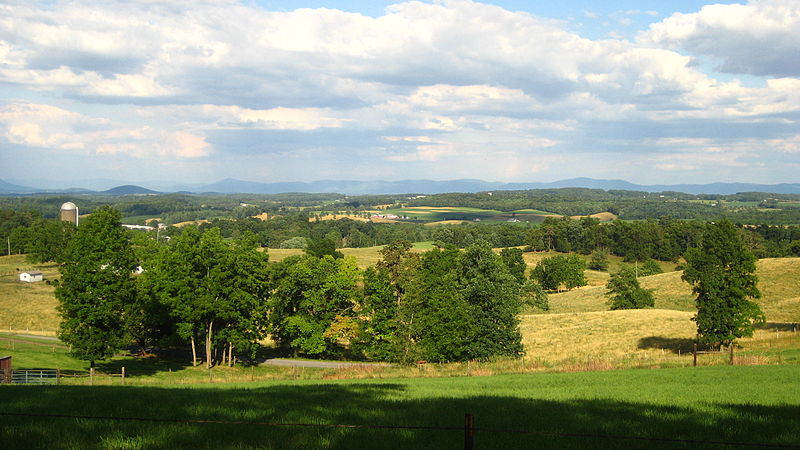
Old Augusta vows to pay its tenth, sell surplus at government prices, and tell on the non-compliant (photo c.2007)
The photo of Augusta County, Virginia by Hamiltonl at en.wikipedia is licensed by Creative Commons
U.S. History Images provides the Lincoln image.

![Robert E. Lee at Chancellorsville [on horseback, being cheered by troops], May 2, 1863 (c1900; LOC: LC-USZ62-51832)](https://www.bluegrayreview.com/wp-content/uploads/2013/10/3a51856r-235x300.jpg)
